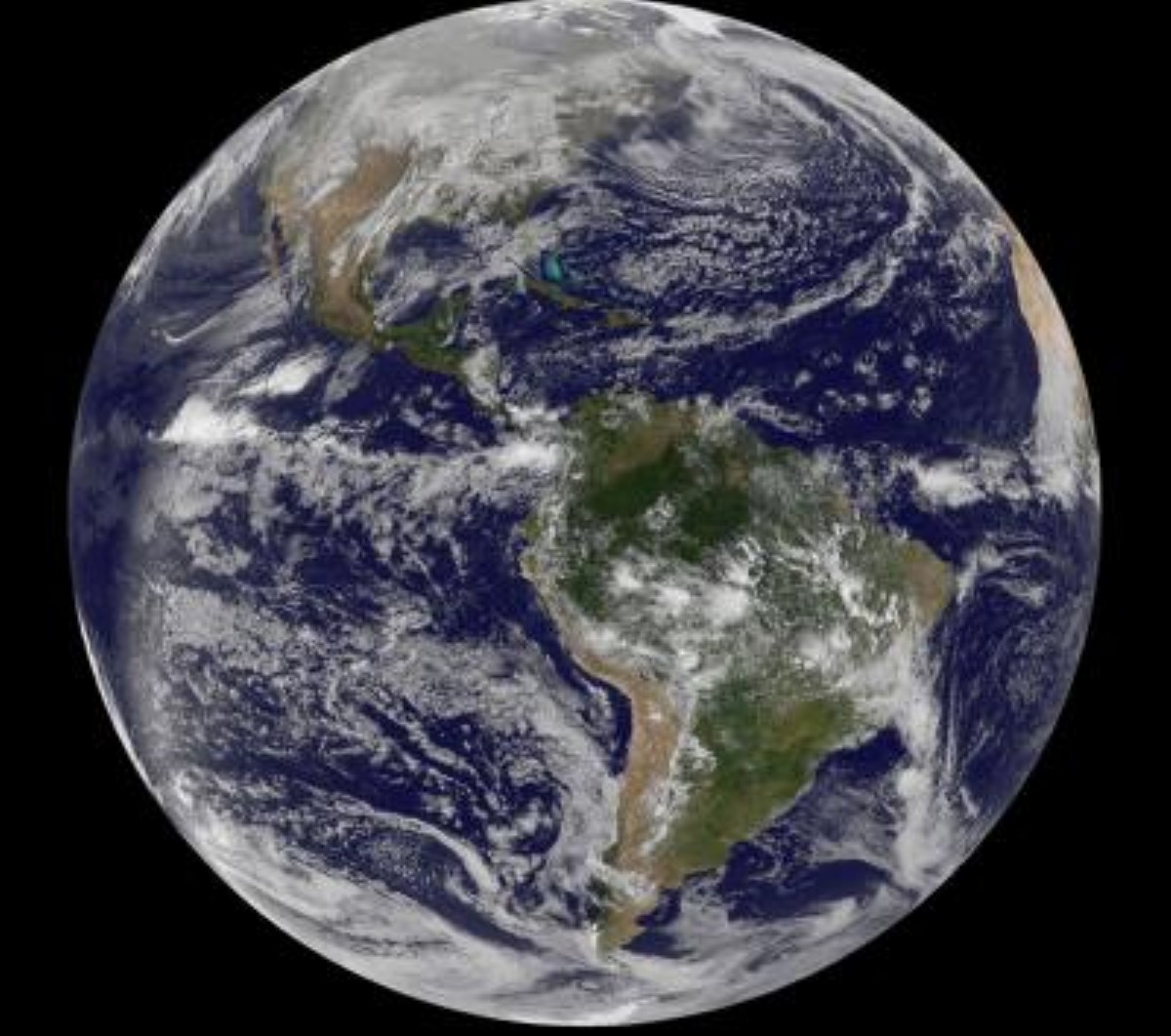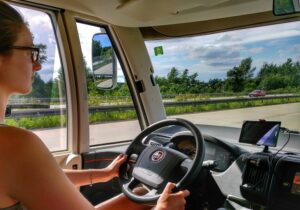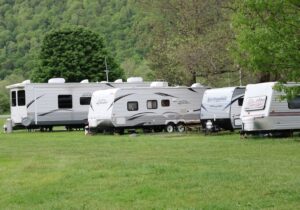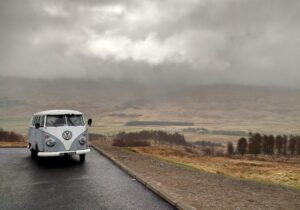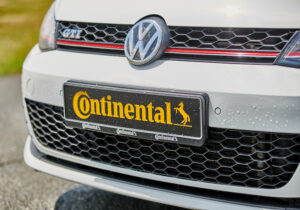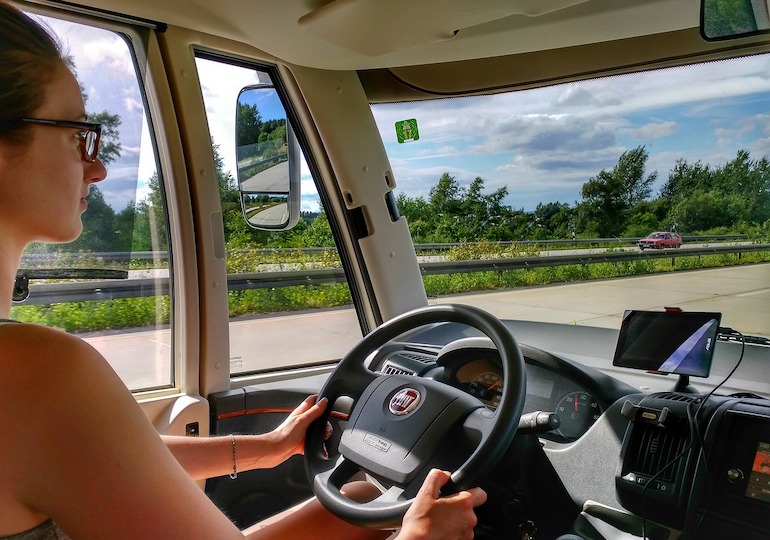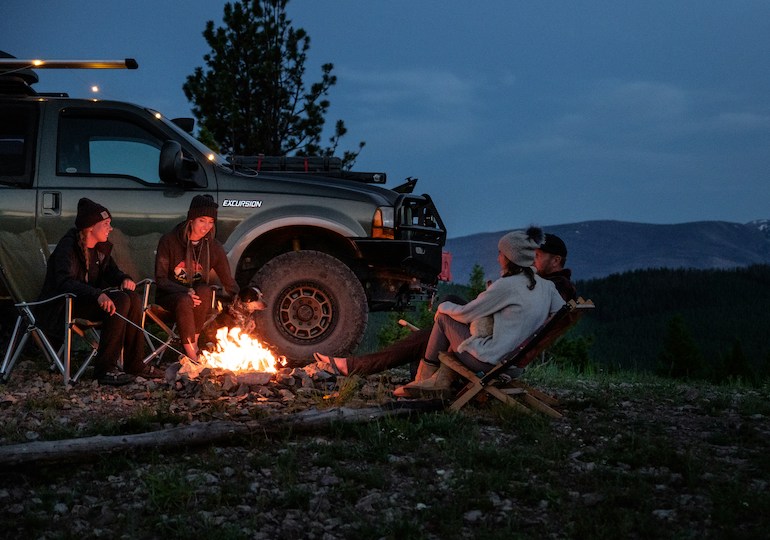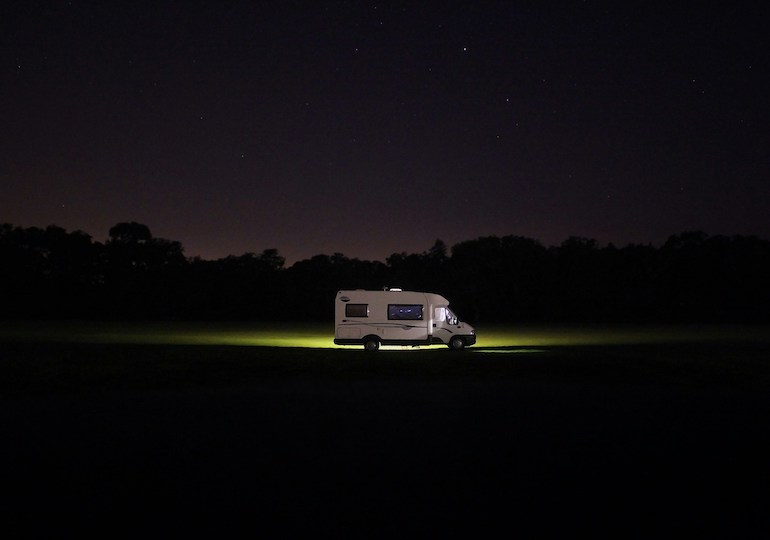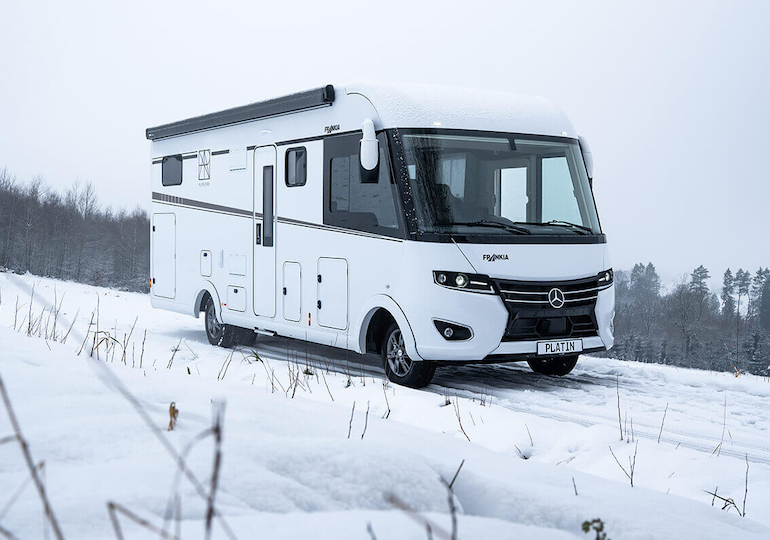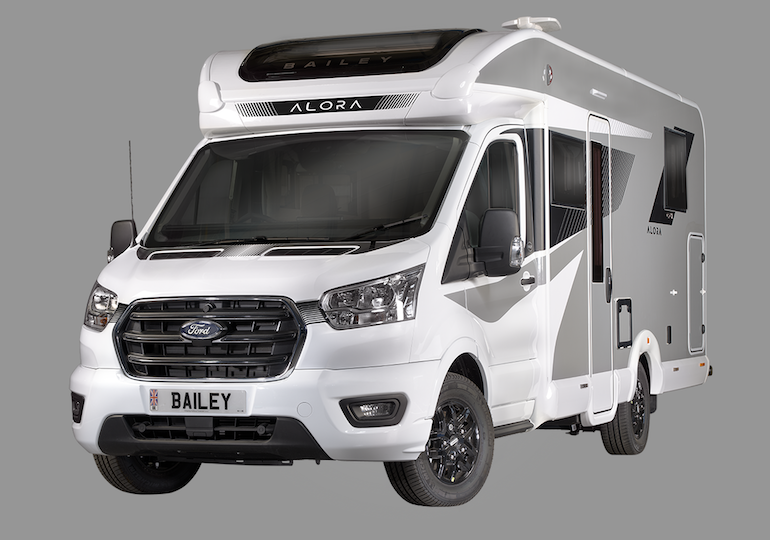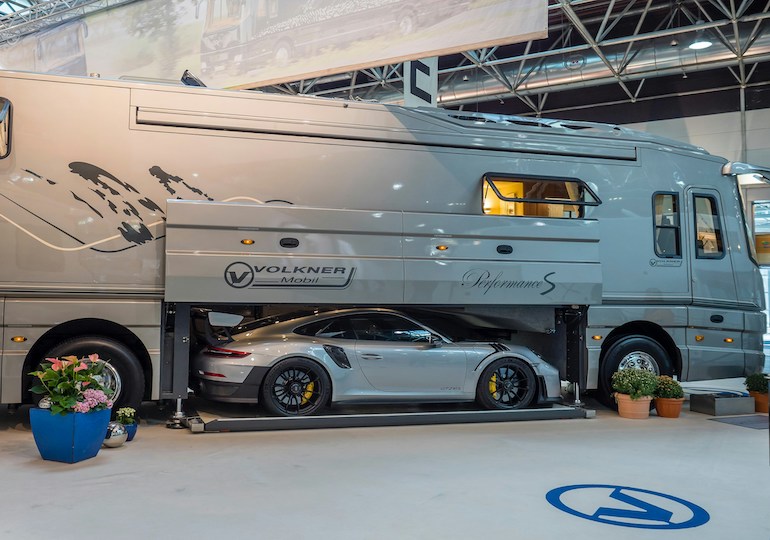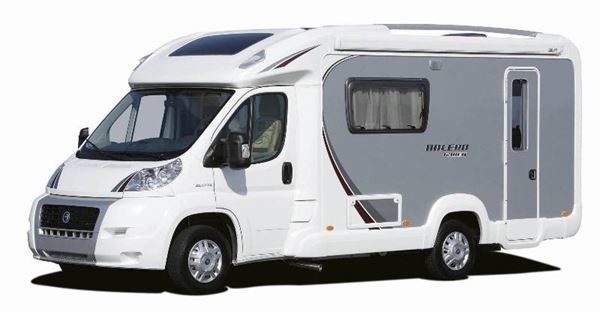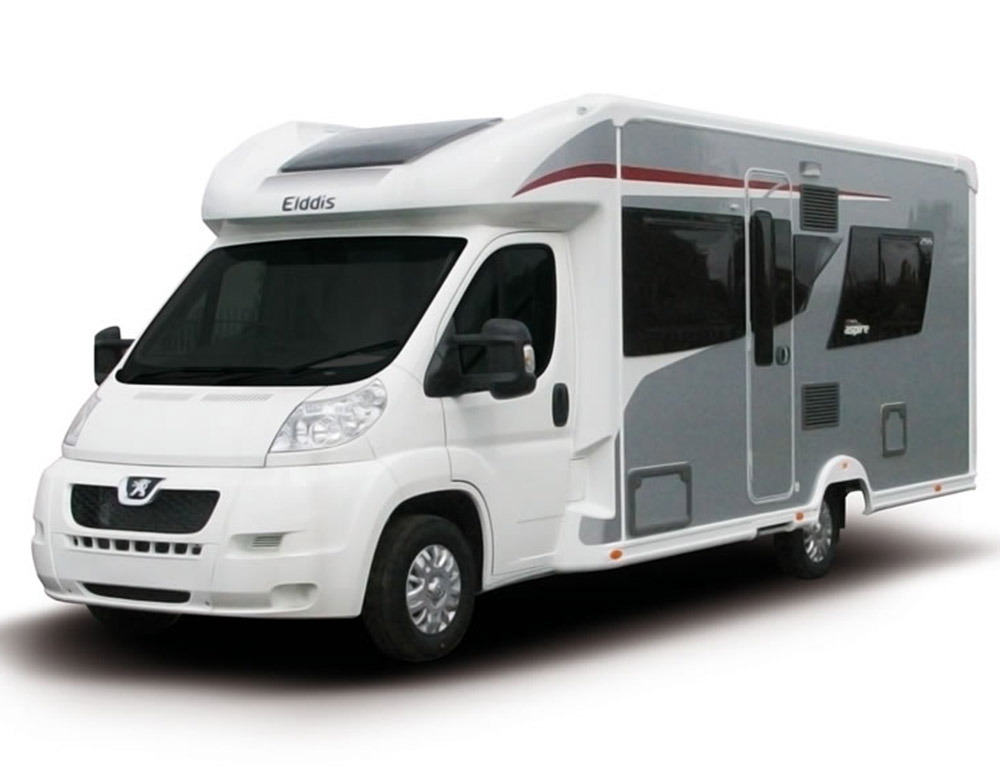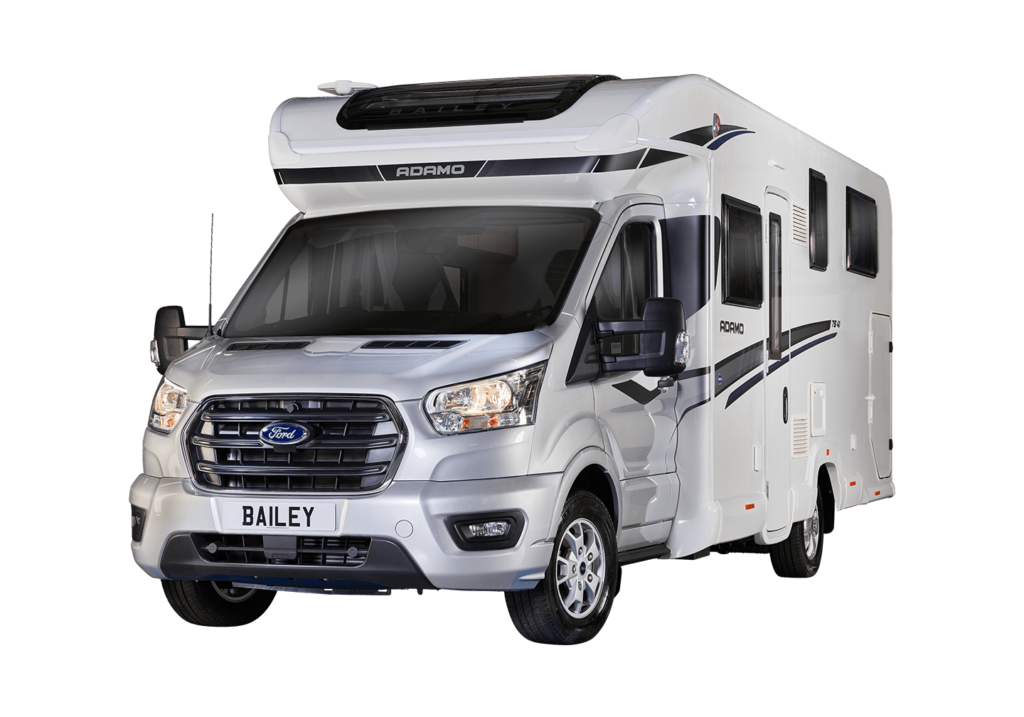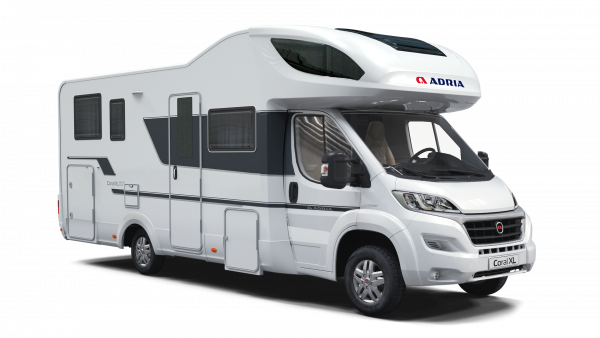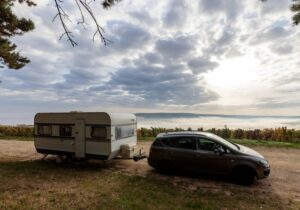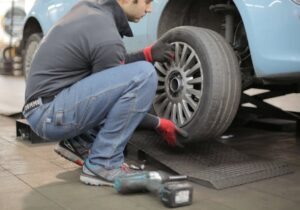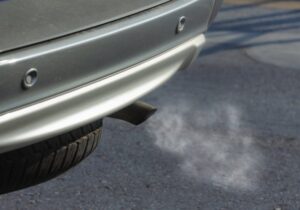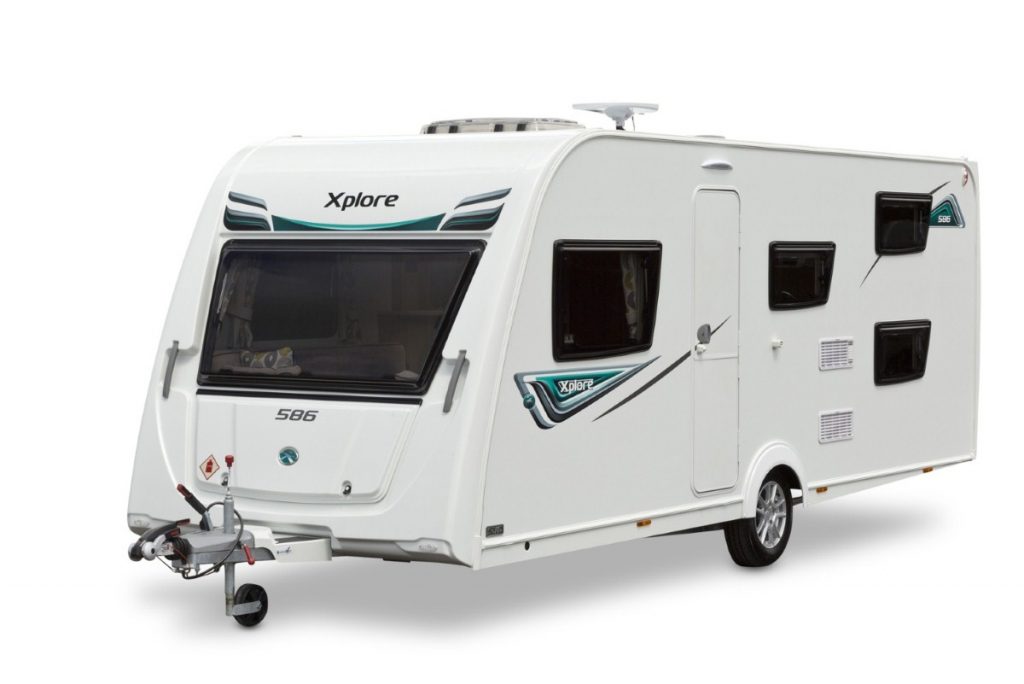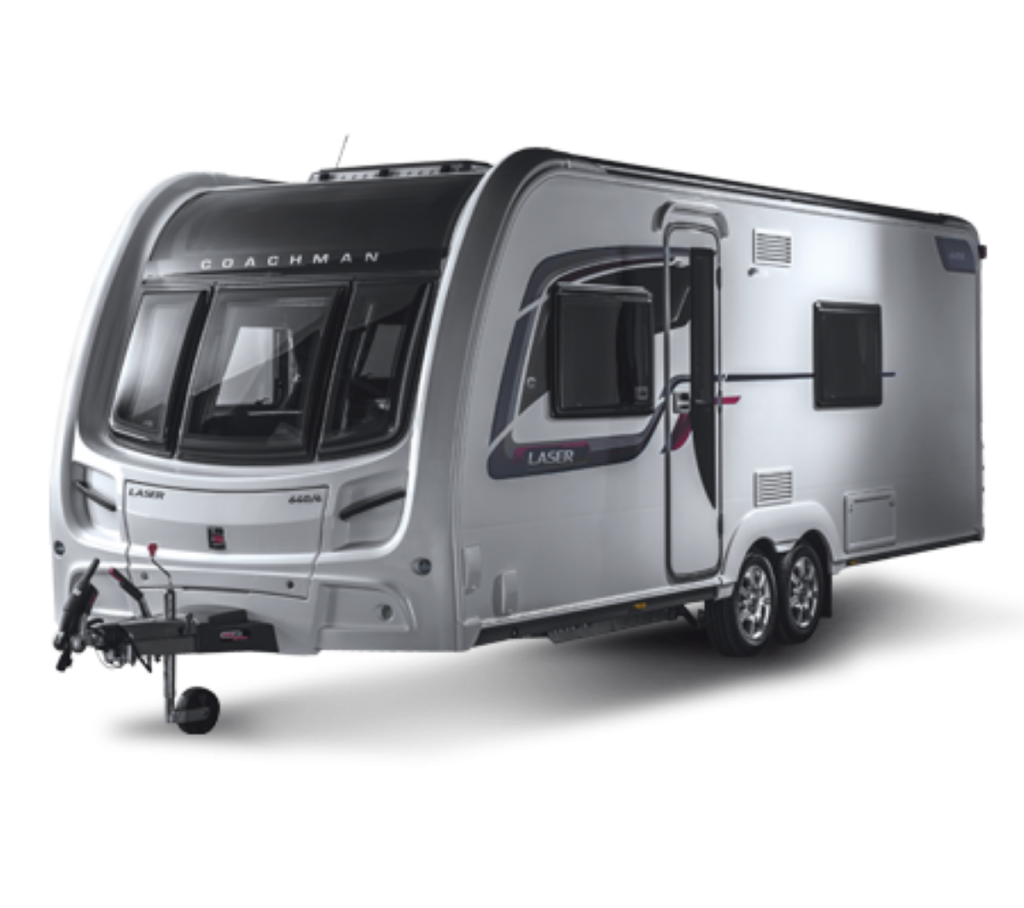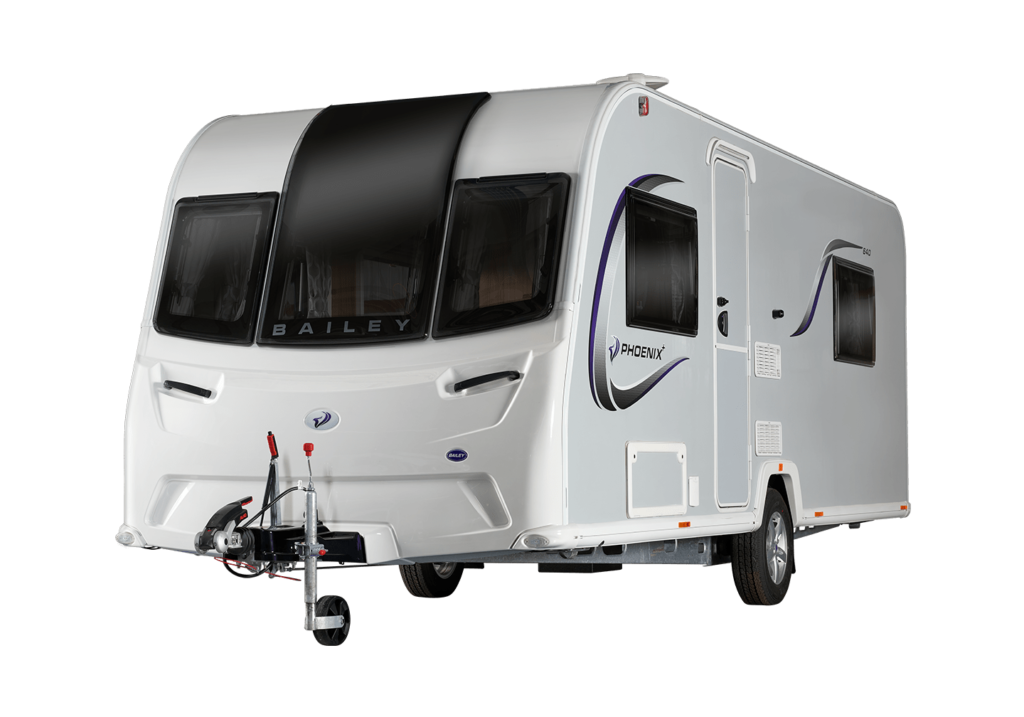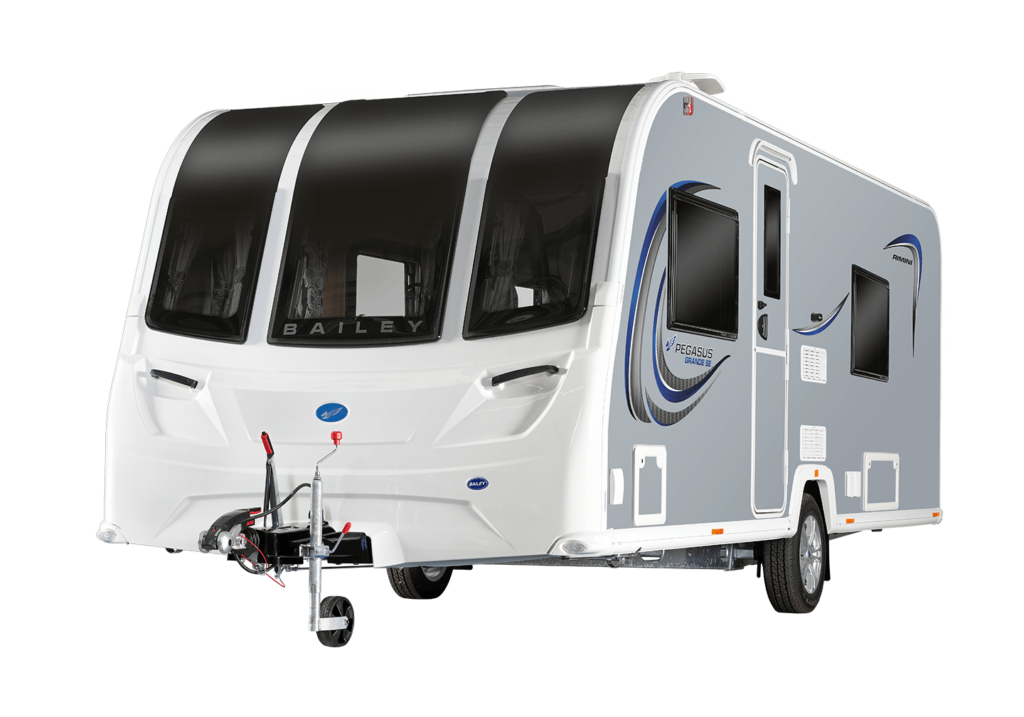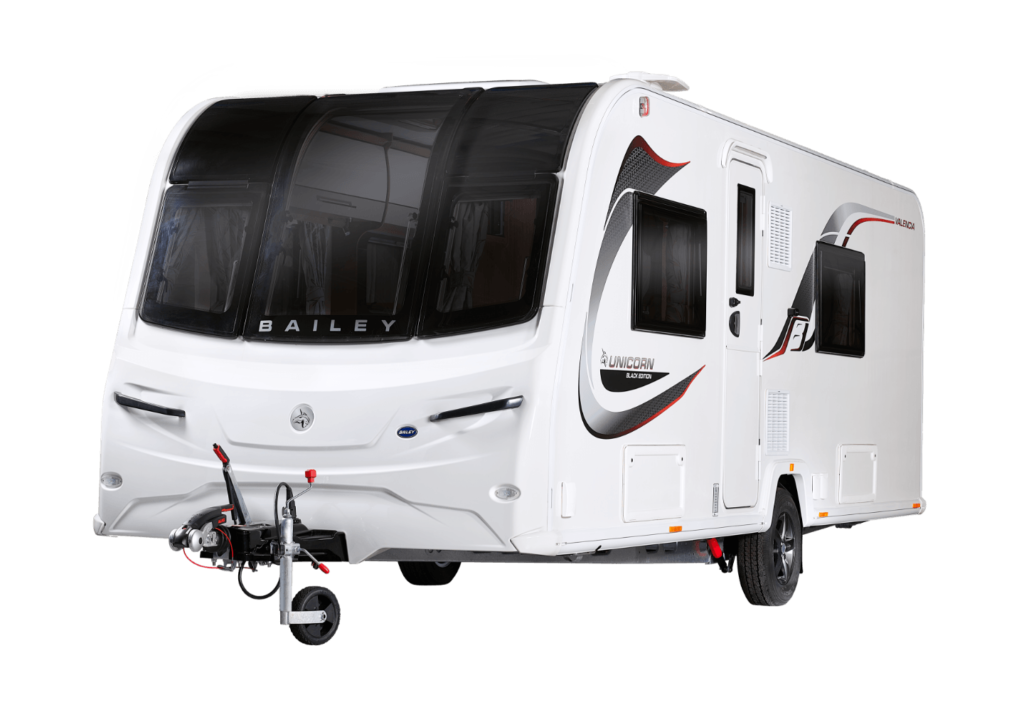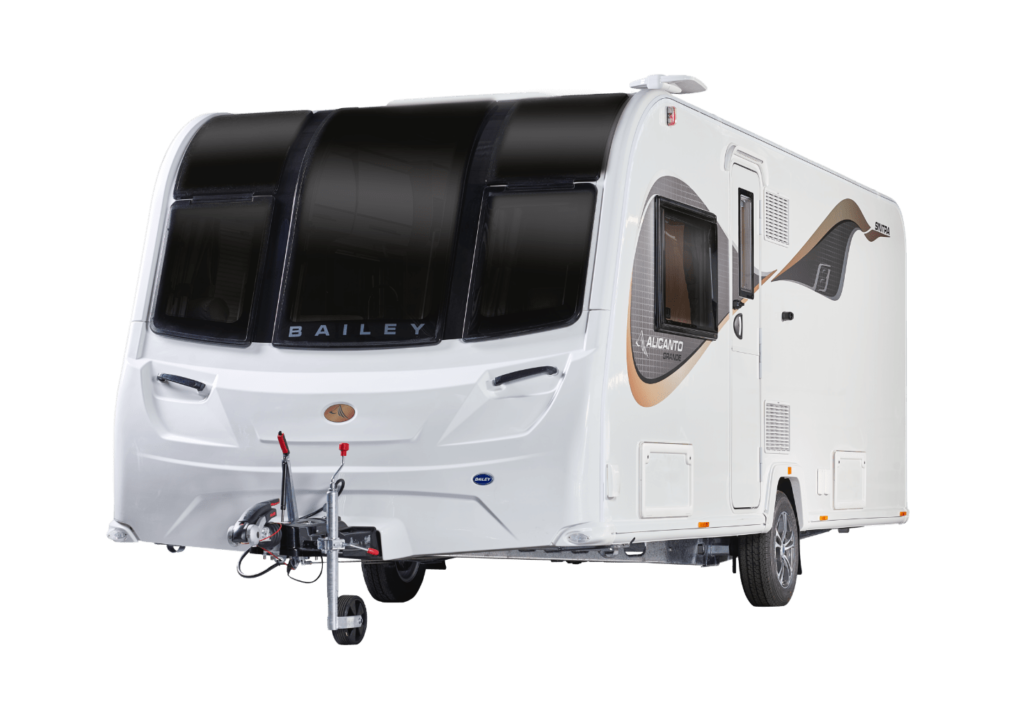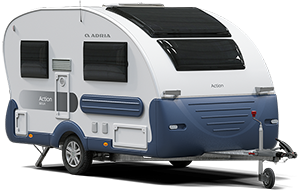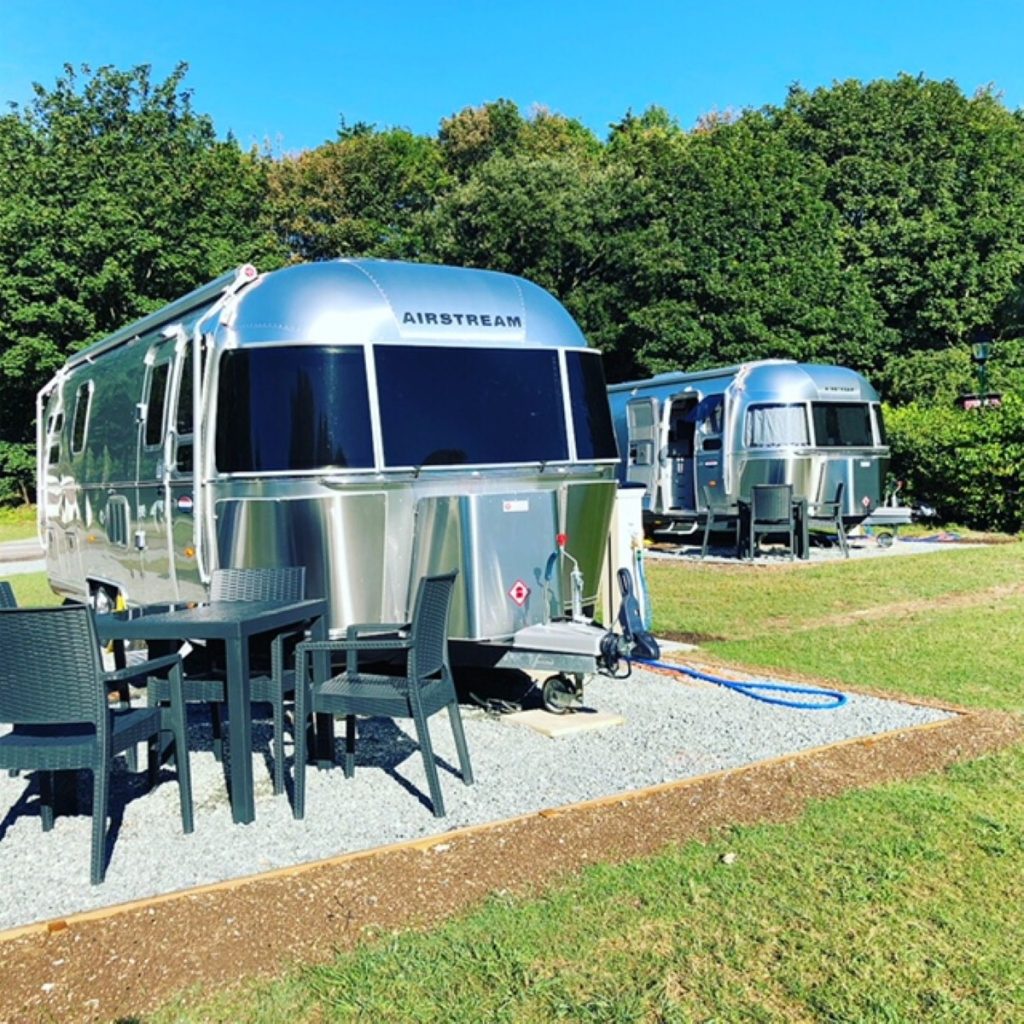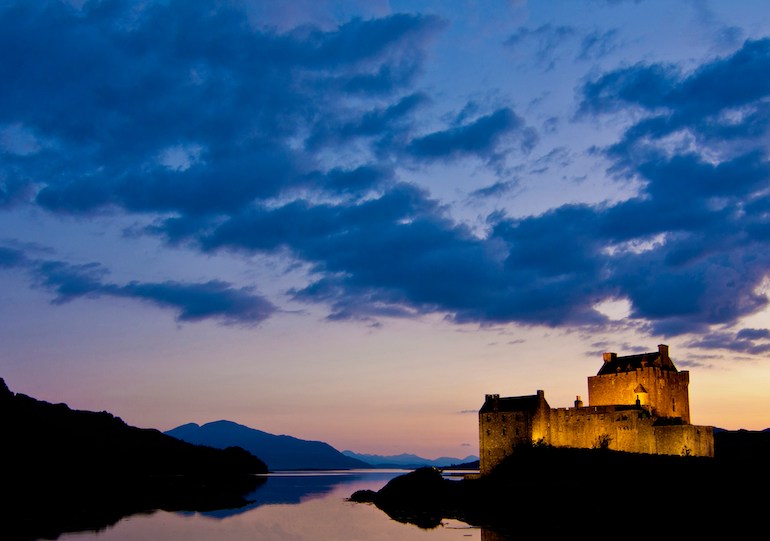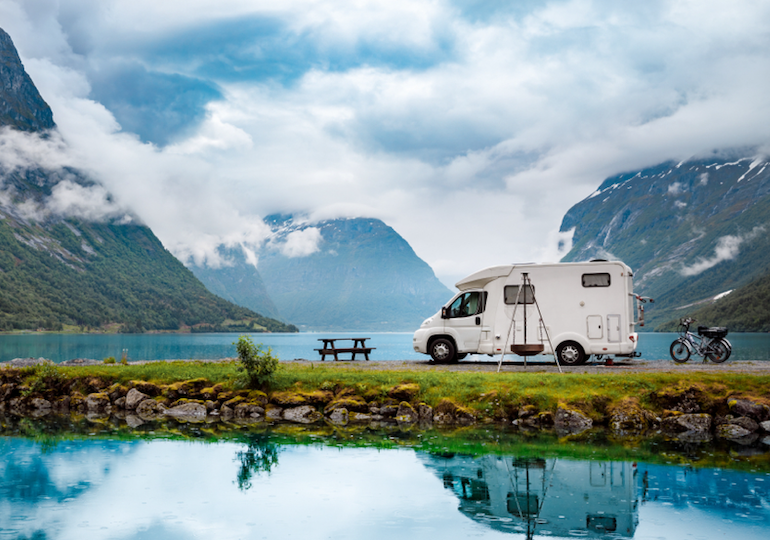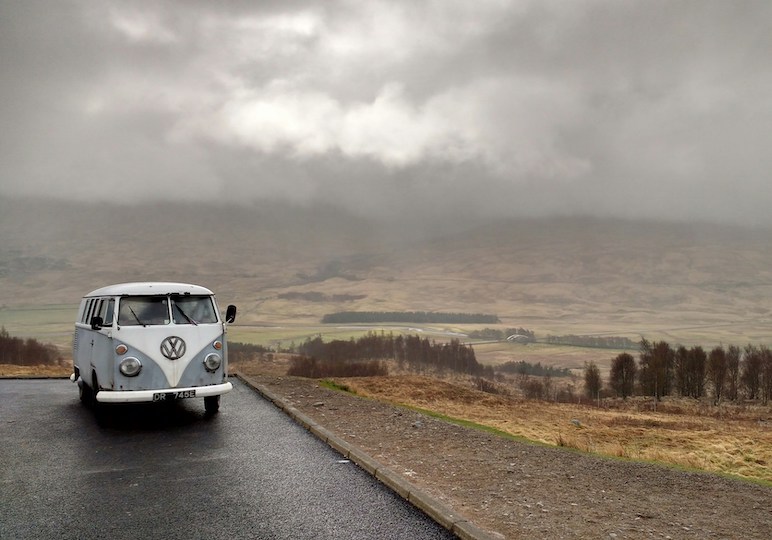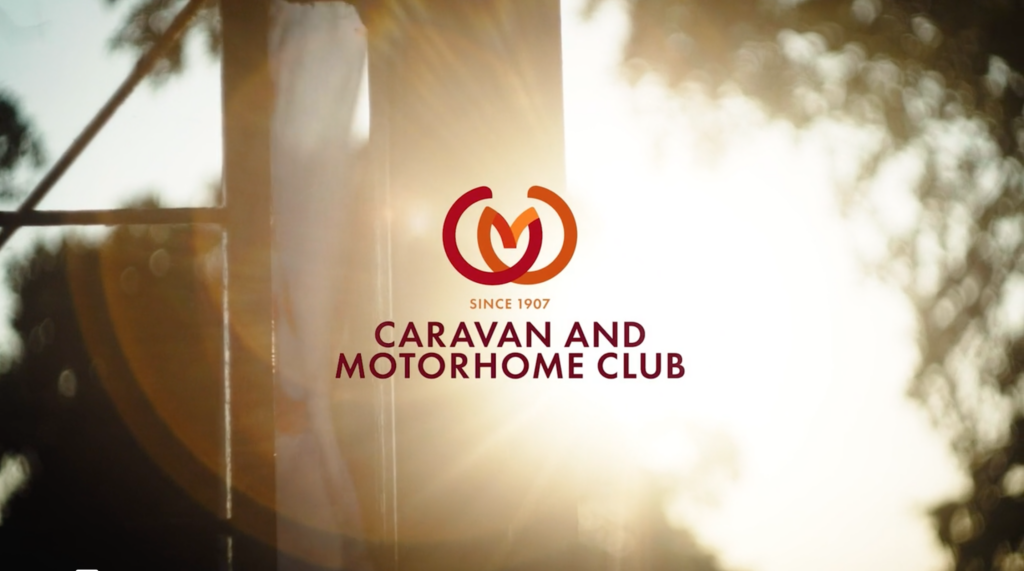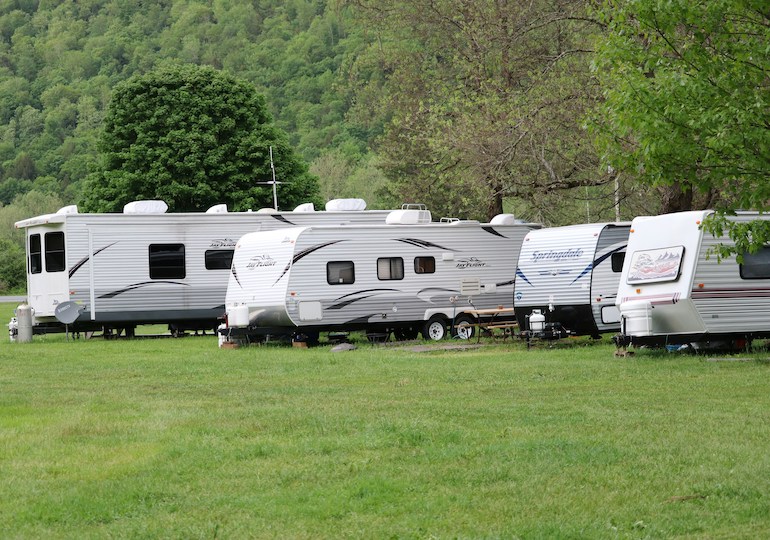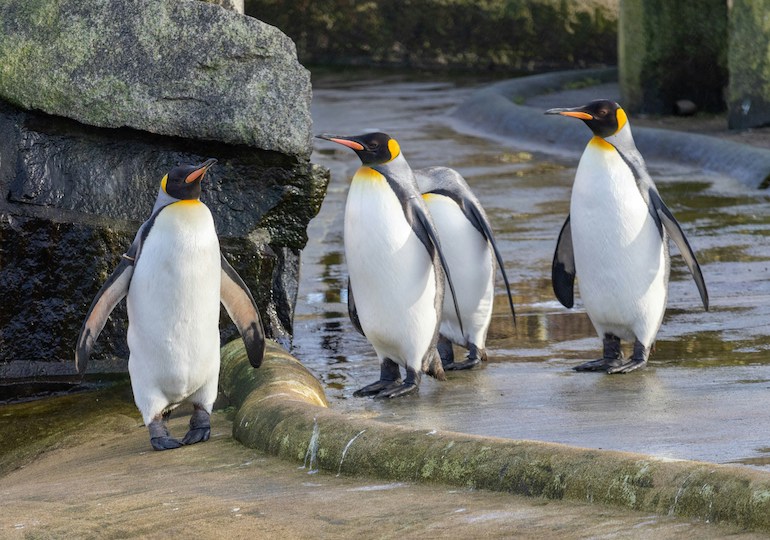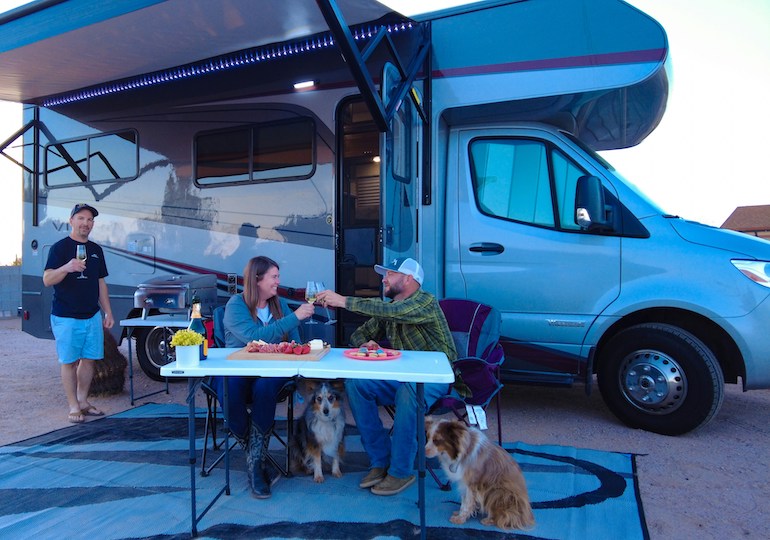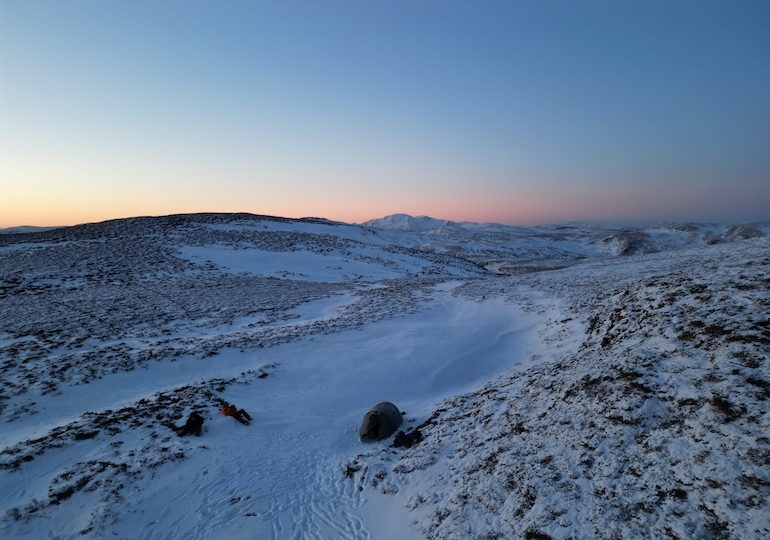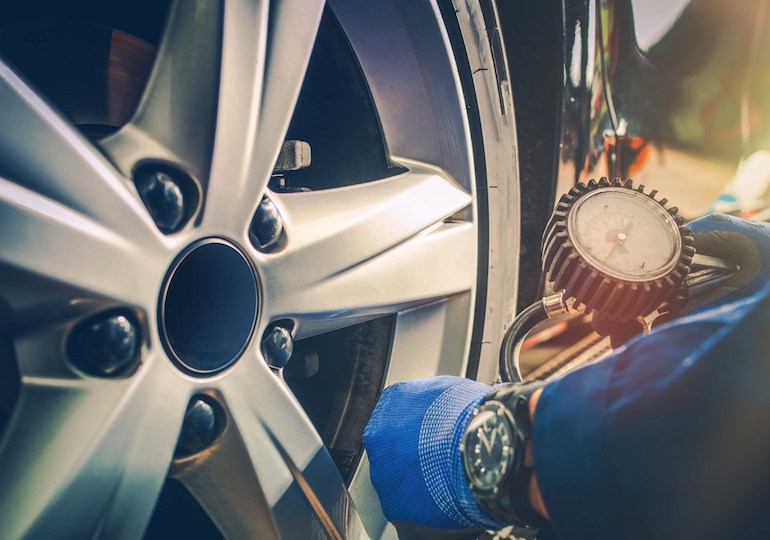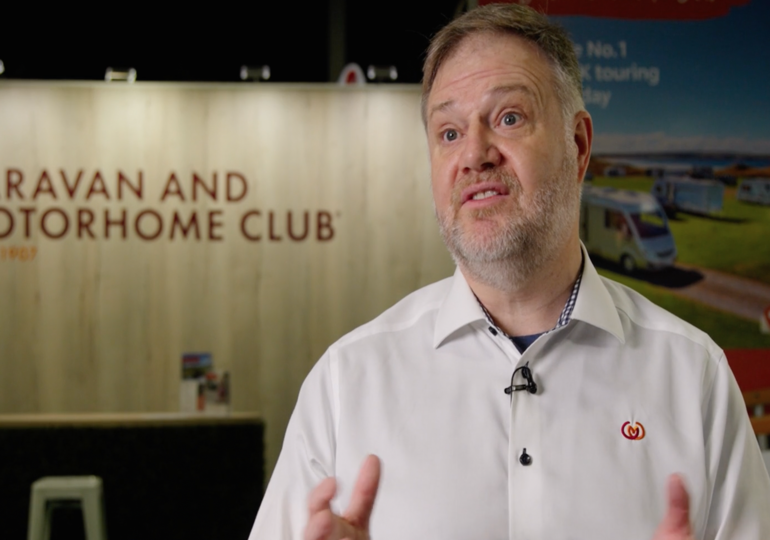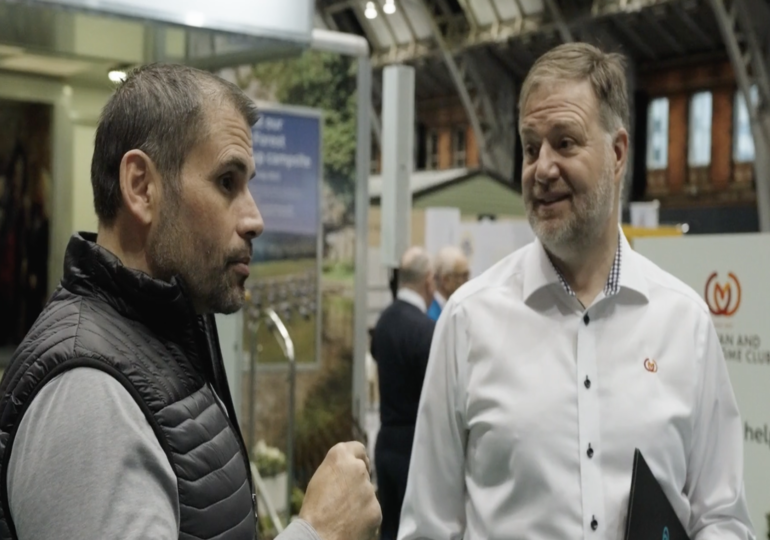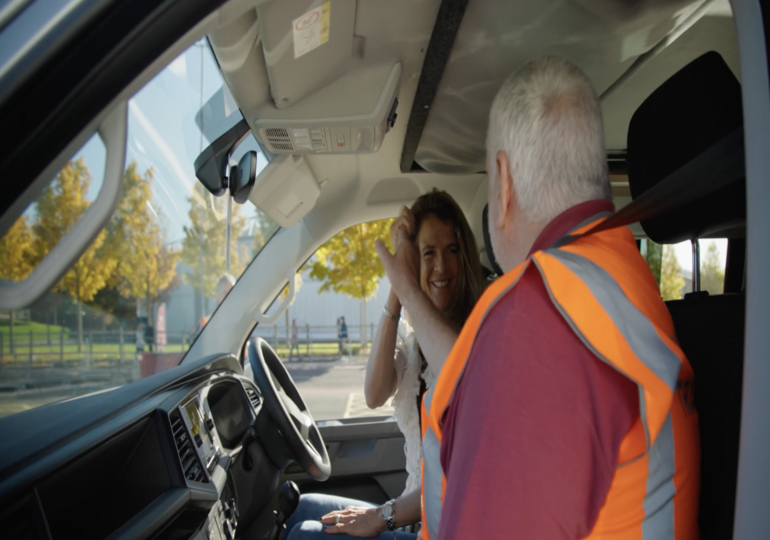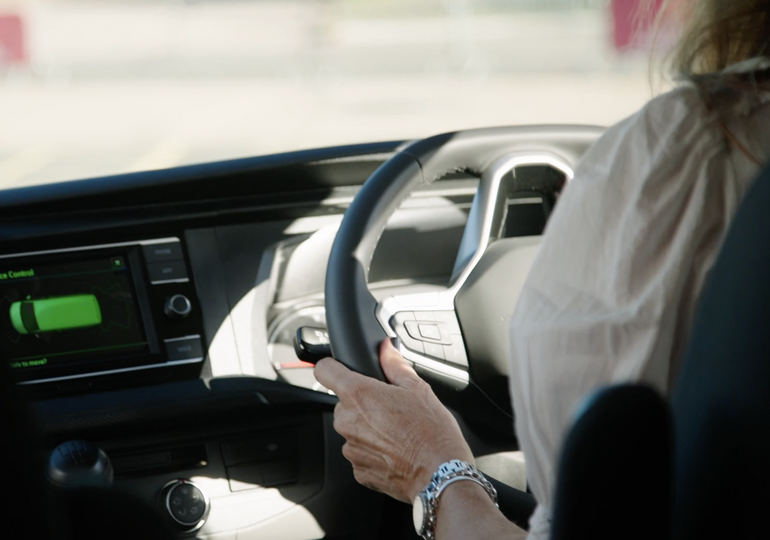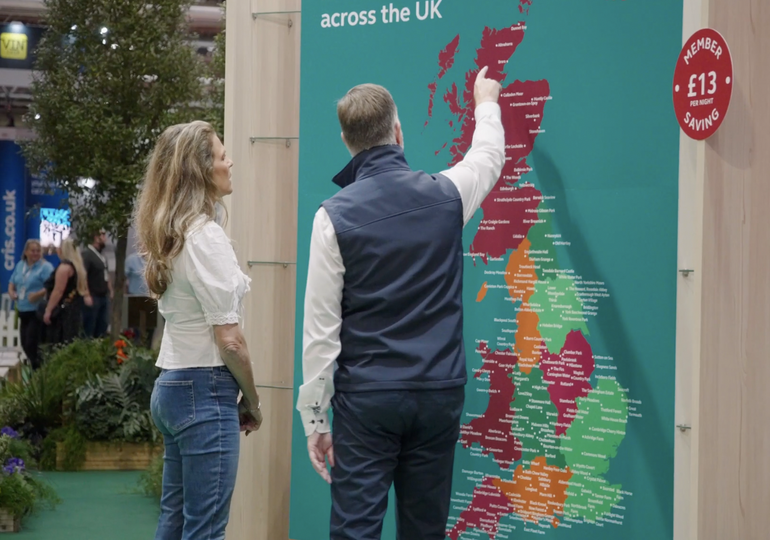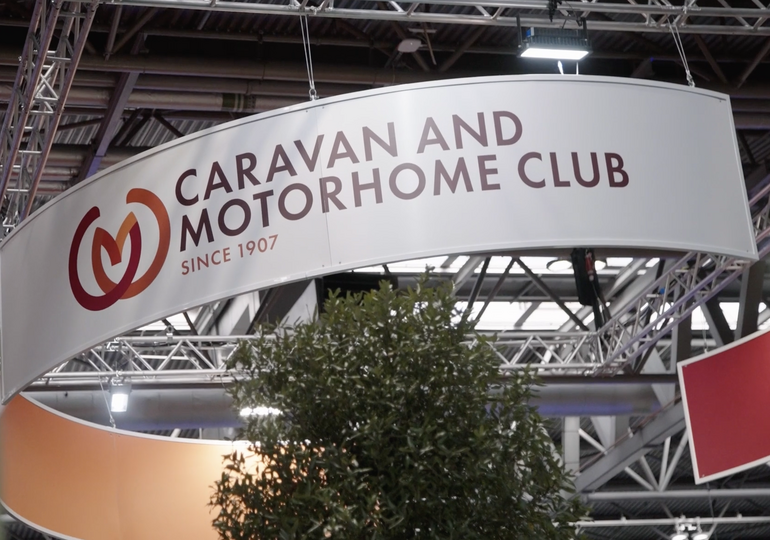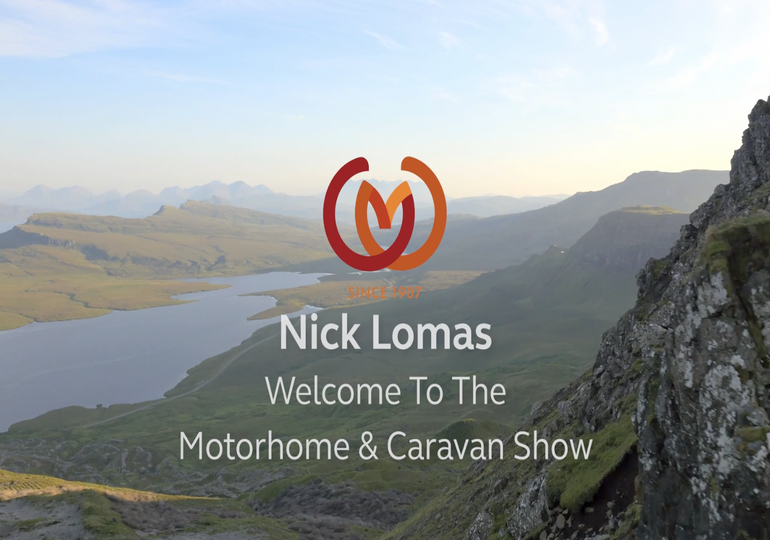Caravanning is not only a great way to holiday, but it’s also doing wonders for the environment
We can accept the fact that caravans or the caravan community will never be, in the eyes or your typical sun seeking jetsetter, seen as uber cool, uber sexy or uber exotic. But they are certainly one thing – and that’s uber green.
One can’t deny that caravanning is one of the most environmentally friendly ways of travelling and enjoying your country – and CaravanTimes is here to tell you why.
Firstly, let’s talk about the greenhouse effect. One of the main causes of the effect is carbon dioxide, a planet-poisoning gas produced mainly via transportation. This pollutant is, we’re told, one of the main offenders which could continue to warm the Earth to a disastrous level and, if the experts are right, is causing rapid climate change, more commonly known as global warming. By choosing to holiday in a caravan, we are essentially reducing the huge carbon footprint we’d continue to create if travelling by plane, train or even by cruise ship.
Although caravans cannot exactly be exonerated and cleared of all misdoing as far as carbon emissions are concerned, they have helped improve these conditions to an extent. Don’t believe us? Then let’s look at the facts.
According to the Vehicle Certification Agency (VCA), an average caravan going on a 1,000km journey, towed by a car or similar vehicle, will emit 224kg of carbon dioxide in comparison to 300kg per passenger on a flight of over 3,000km would express. Whilst we do realise that a plane is more efficient in the sense that it carries more passengers to further locations, the gap between the amount of carbon dioxide being thrown out into the air is of paramount proportions. In fact, researches at Lancaster University have concluded that travelling in caravans, and staying in caravan parks is the greenest kind of holiday, not to mention the perfect way of enjoying the countryside – while we still have it – and all it has to offer.
Speaking of caravan parks, they also play an integral role when it comes to protecting the planet. Most caravan sites, for example, present guidelines to their visitors in order to help do their part in being as environmentally friendly as possible. Sewage and waste is highly important; pollutants seeping through the soil can cause serious harm, as well as spillage due to incorrect storage of chemicals. The Windermere Camping and Caravanning Club Site in the Lake District has won several awards, and has been appointed the most environmentally friendly camp site in the UK for its efforts. Many other caravan parks participate in green activities and, in 2014, going green is pretty much seen as a priority wherever we pitch.

So if the Windermere Camping and Caravanning Club is the most ecological caravan site, what would be the perfect caravan to put in it? We’ll give you a clue: it’s got environmentally friendly written all over it.
Dubbed ‘the world’s most eco-friendly caravan’, the Ecostream was born after The Caravan Club of Great Britain conjured up the idea to build a caravan using as many environmentally appropriate materials as possible.

The Club initially proposed the challenge to ex-Top Gear presenter, Steve Berry, and motoring expert, Tighe Grainger, who both proceeded to produce the caravan. It was then unveiled by ex Dallas star Patrick Duffy (that’s fictional oil baron, Bobby Ewing, to you and I) at the International Caravan and Motorhome Show in 2008. It was heralded as a “remarkable piece of construction,” and opened the doors to what caravans, with a bit of a threat from the environment, could possibly look like in the future.
The main inspiration for the Ecostream was the Airstream 534, but this wasn’t the only thing they took from the past, as every item inside had been re-used or made from recycled items, including shampoo bottles, mobile phone covers and CDs making up the furniture. For example, the Dover wood-burning stove with roof mounted chimney was salvaged from a narrow boat, and worked perfectly providing heat, hot water and cooking facilities.
Also included were ground-breaking flexible solar panels on the roof, today implemented on a number of caravans and motorhomes as a standard or optional extra. The floor was entirely made up of strand-woven bamboo. Why bamboo, you ask? Well, bamboo is known for its durability, and more importantly, it can be harvested in a non-harmful way – not exactly ideal for water resistance, but for green credentials it gets a massive ten out of ten. Moreover bamboo only takes three to five years to reach full maturity, as opposed to more common types of wood, which can take up to 15 to 20 years.
Steve said at the time of his and Tighe’s creation of epic green proportions: “This has been a unique, absorbing and, at times, tiring, challenge. I’ve learnt a lot about alternative technologies and met some great people who manage to combine a strong interest in design and engineering with a passionate concern for the environment.”

The highly positive feedback generated by the Ecostream has had some positive consequences, as new ranges of biodegradable and environmentally friendly products for caravans have since been designed and are on sale for kitting out pre-existing caravans and motorhomes wishing to go one step further in improving upon their green credentials, including horsehair and latex instead of foam for upholstery and other 100 per cent natural materials including abaca, alpaca, hemp, linen, and organic cotton and wool. Now, we’re not suggesting you rip out your comfy seats and do a complete overhaul, but the option for the type of caravanner that enjoys renovating their pride and joy is at least one that’s there and one that will increase your green credentials to the nth degree.
So, although we may not be the most popular clique on the motorway, we’re here to stay and save the planet (or at least do our part). We love to spend our nights under the stars with the freedom to move in the morning if we get bored, and without a planet it’d be pretty difficult to do.

